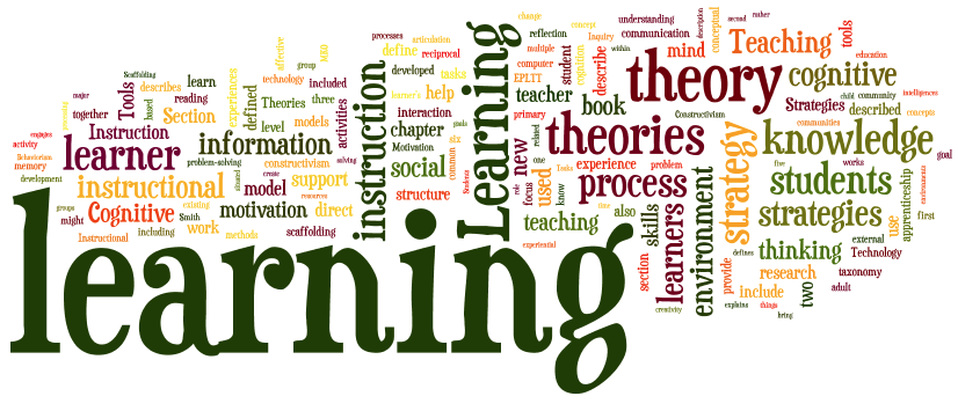Cognitive Psychology
"There is in every child at every stage a new miracle of vigorous unfolding."
Erik Erikson
Pioneered by "The Big Three"
Agreed! These guys all look pretty old. Can we use anything they taught us?
Erik Erikson Jean Piaget Lev Vygotsky
Erik Erikson Jean Piaget Lev Vygotsky
Other Cognitive Psychology Theories
Some of the following theories have developed more recently based off the work of "the big three".
Information-Processing Theory tells us a little more about how our students can take information in, retain it and work with it to achieve some kind of meaningful learning. We can help our students become better information processors!
Social-Cognitive Theory is a direct offshoot of Vygotsky's theory and explains how meaningful learning for students occurs through interaction of three parts of the environment: personal characteristics, behavior patterns, and social environment. Students observe and interact with their environment and can become "self-regulated" learners.
Constructivist Learning discusses how students can produce more meaningful learning through discovery, while the teacher facilitates, rather than lectures. This learning theory also emphasizes the importance of providing realistic contexts for lessons and content so that students can retain and eventually transfer knowledge (apply what they've learned!).
Information-Processing Theory tells us a little more about how our students can take information in, retain it and work with it to achieve some kind of meaningful learning. We can help our students become better information processors!
Social-Cognitive Theory is a direct offshoot of Vygotsky's theory and explains how meaningful learning for students occurs through interaction of three parts of the environment: personal characteristics, behavior patterns, and social environment. Students observe and interact with their environment and can become "self-regulated" learners.
Constructivist Learning discusses how students can produce more meaningful learning through discovery, while the teacher facilitates, rather than lectures. This learning theory also emphasizes the importance of providing realistic contexts for lessons and content so that students can retain and eventually transfer knowledge (apply what they've learned!).

